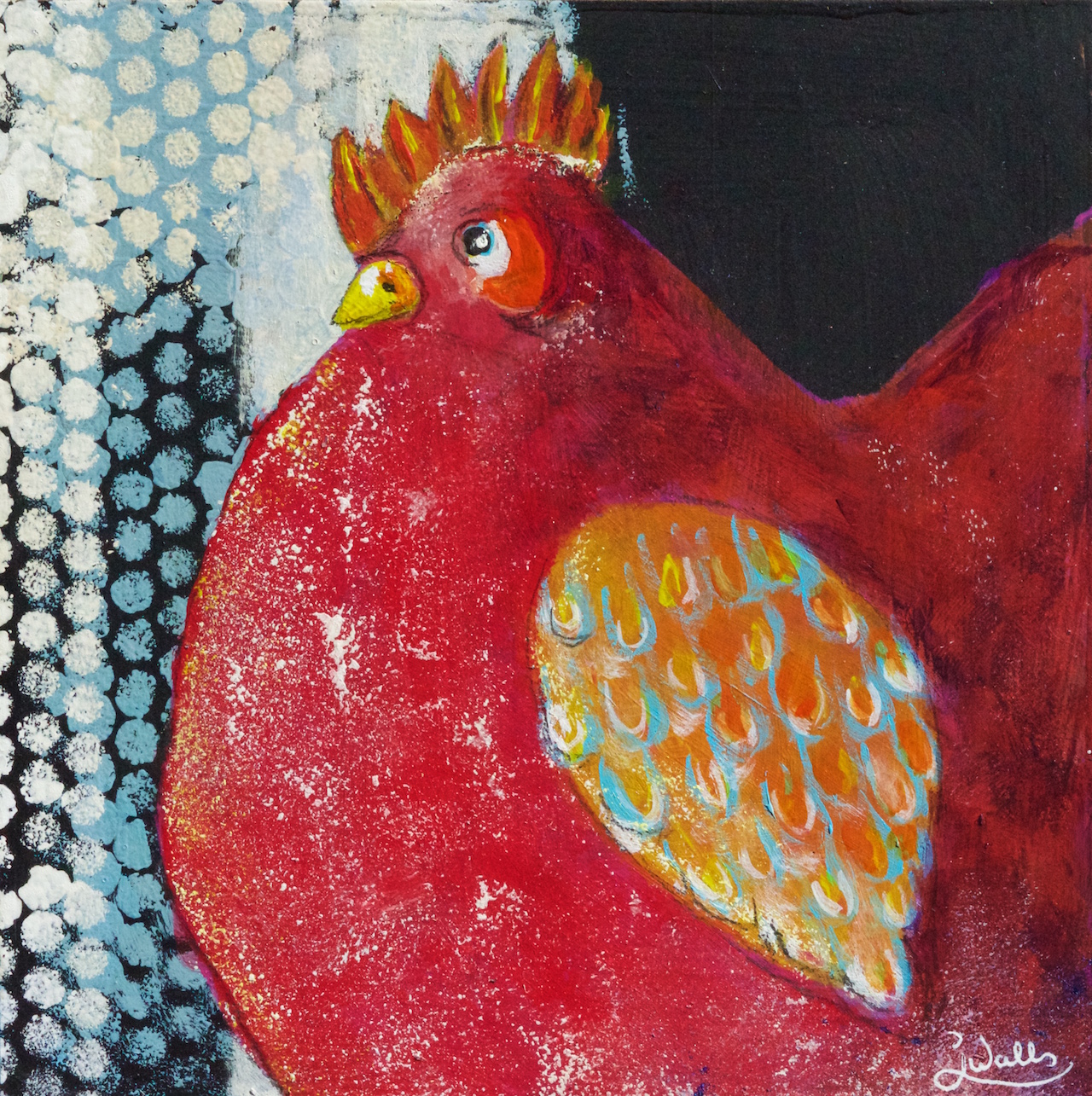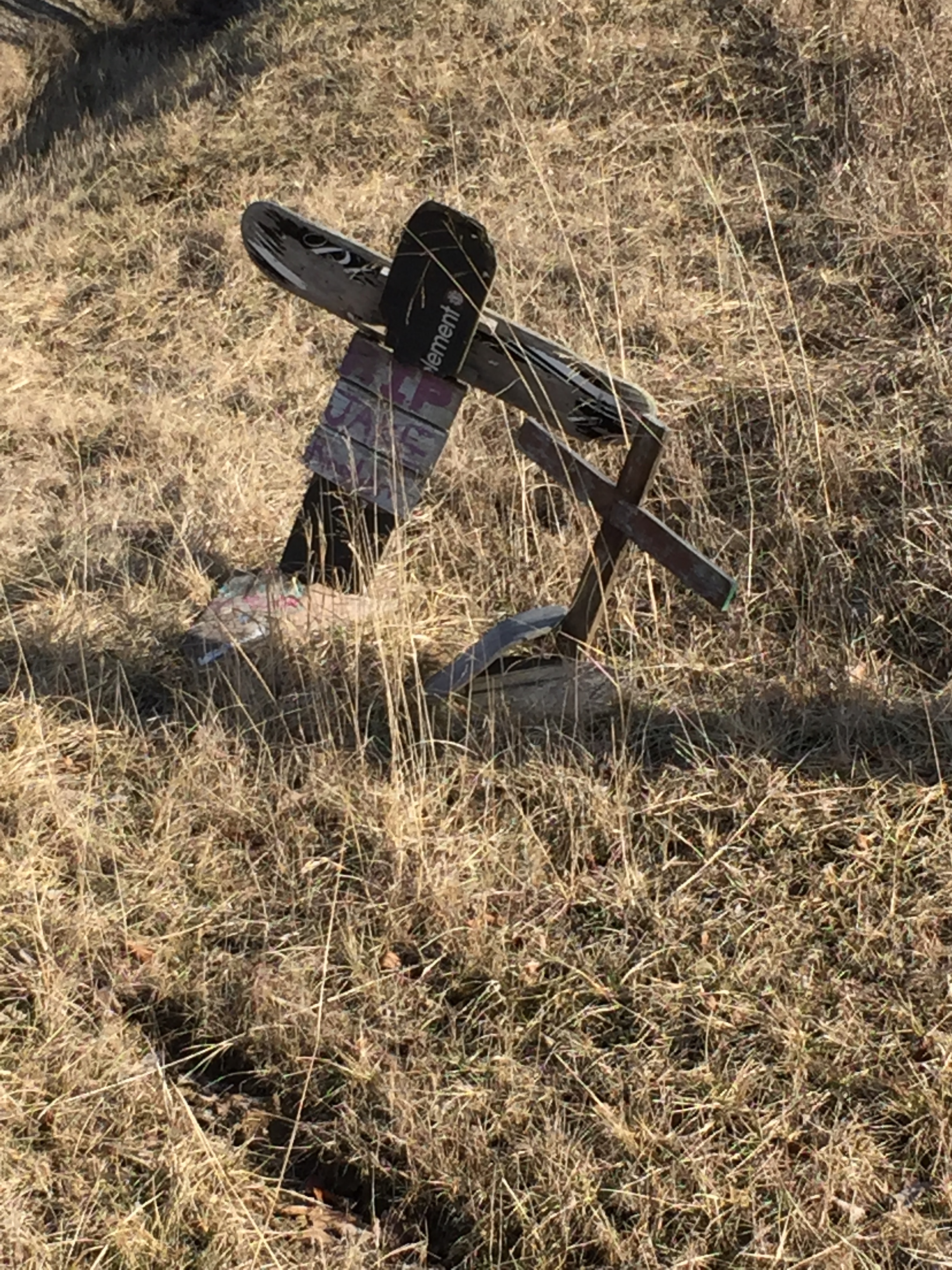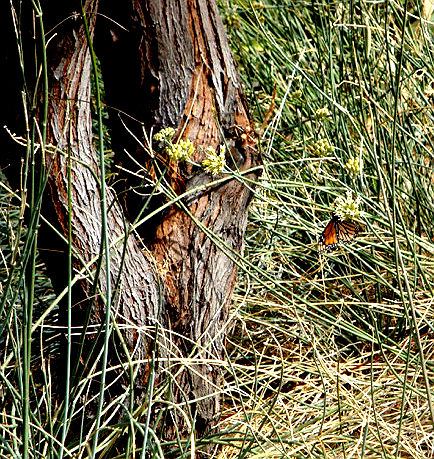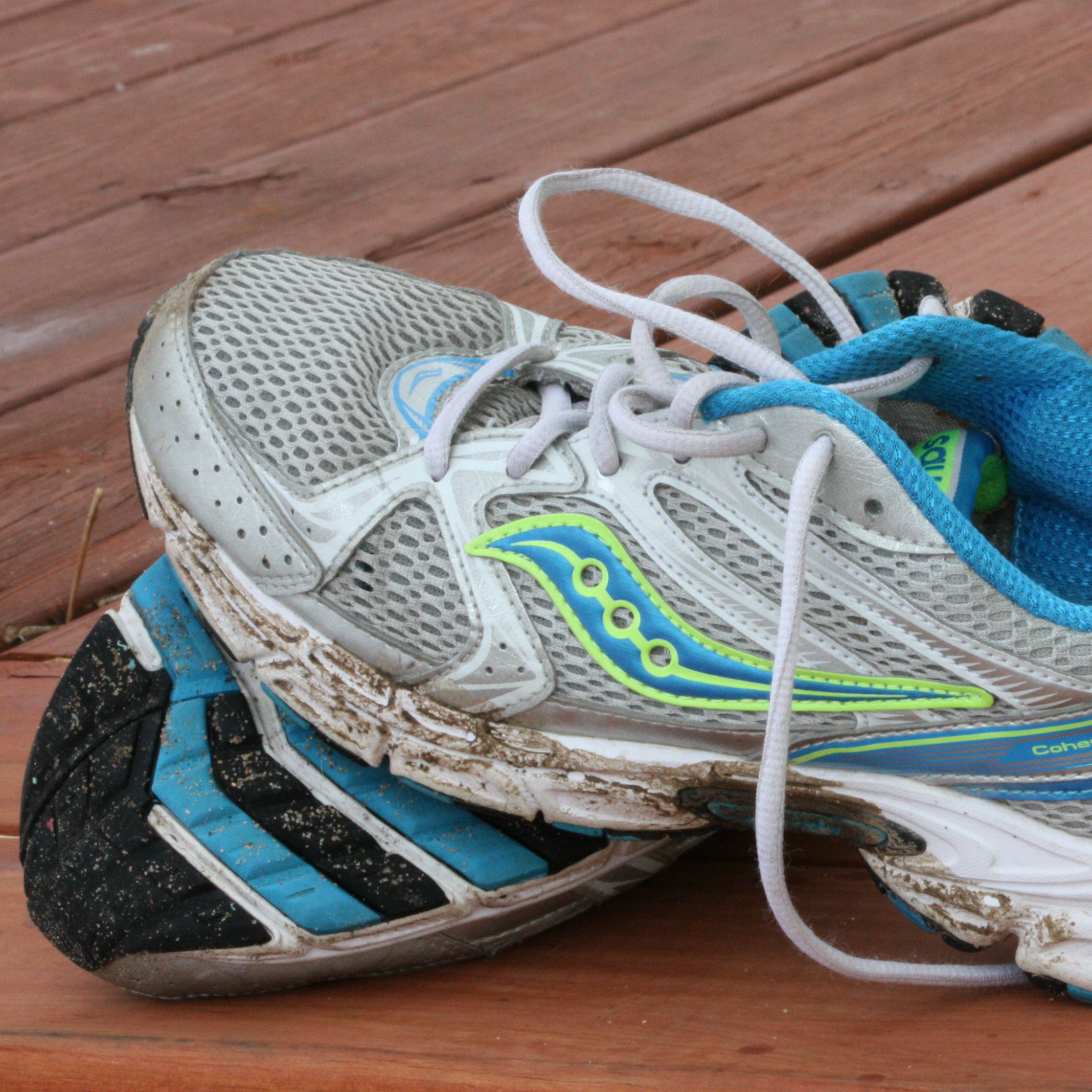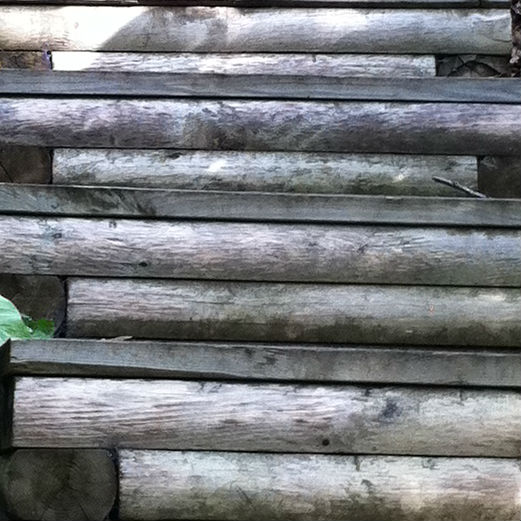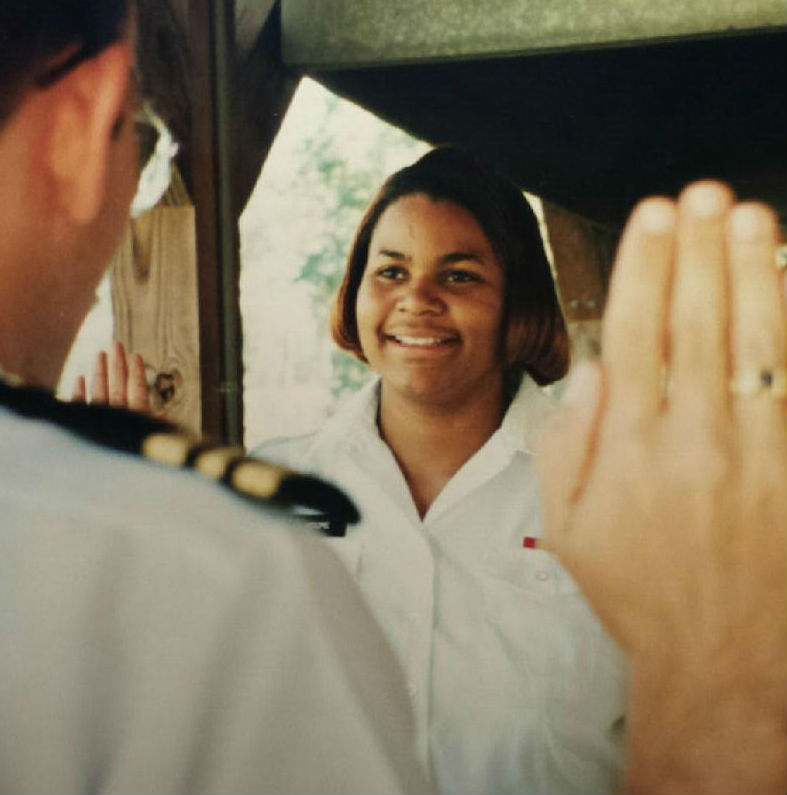Heavy blankets layered over my body; it is hard to move. So I don’t move much. Still, motionless on my mattress for hours except when bursts of heaving redden my face, dampen my shirt. Minutes after each episode, in the wake of wild emotion, I am cold. And tired from effort. Stomach tightens from curling into itself, arms weak from squeezing, from holding legs for fear of what would happen if I didn’t hold grief in. I wonder what the untethered blazing power that rumbles through would look like if I didn’t try to tame it. Sometimes I wish I could unleash it, let recklessness drive for a bit. But the responsibility of another son, stepchildren, and a husband keeps it in the passenger’s seat, home. Safe.
I stumble toward the bathroom, off kilter from all of it, bashing my thigh into the corner of the dresser, the instant lump an actual wound, unlike the invisible emotional trauma of a promise sold to us across a large and important desk by a top pediatric cardiac surgeon that our son would be okay. That there wouldn’t be any complications during or after his 6th heart surgery; it wouldn’t fail no matter how many ways I phrased my questions. Success would equal a normal lifespan, a normal life. We felt hopeful for the first time in his eleven years.
That lump on my leg is something visual to measure, rub. The next day it would stand tall, purple veins reaching for attention like a plasma globe’s electrifying tentacles. Half of me wants to bash it again, to ensure the full potential is realized. It would be nice to have something to point to. On many days, I have fantasized about the parallel lines I could carve into my thighs to match the parallel lines of light that push between the blinds when the sun gets sleepy each afternoon. I’ve imagined the scars I could design on my chest to mirror the ones I miss on his eleven-year-old torso, like baseball stitching, the parallel notches down his skin, perpendicular to his midline scar.
Back in bed, I hear voices in the yard. I cannot hear their words, but their jovial tone penetrates the windows of my room, splintering the somber air I pull into my lungs. My husband and his father saw and drill and measure and dig. Fences need replacing, gates need fixing, retention walls need building so that the root balls of the fruit trees don’t keep getting buried. We’ve avoided these projects since we moved in almost three years ago. Between conference calls, Adam pulls work gloves over his hands and hoists lumber to the orchard. His dad toils away. “It’ll keep my dad busy when he visits,” he had told me of the long to-do list readied for his father’s four-week visit from England.
He was right about that to-do list. But we hadn’t prepared for other things.
We hadn’t anticipated the emotional toll of having extended family inside our safe space, the square footage where it’s okay to express a full range of emotions with the understanding that grief over the loss of my 11-year-old son sits at the head of the dinner table, glows from every bulb, and pours from the faucets. It gets to take the first shower, always sits shotgun, gets to have its favorite dinner every night of the week, and gets first dibs on choosing the cookie with the most chips. Grief has made itself at home and has no intention of leaving. It is bigger than all of us, hogging so much attention. Yet, with Grief as a larger-than-life houseguest, it has been here—in my home—that I can occasionally laugh because everyone understands that laughing occasionally doesn’t mean I’m not sad. An occasional smile doesn’t mean I’m done grieving. An occasional joke doesn’t mean I’m over his death. This is the only place where those rules feel like they apply. And my immediate family are the only people who I feel really understand the rules of this upside-down reality where kids die and the earth somehow continues its annual revolution around the sun.
And with another guest—even in the form of my lovely father-in-law—my safety bubble no longer feels safe. Riley and Grief are the epicenter of every minute of every one of my days; they are not the epicenter of his. Presidential candidates, state primaries, the books he’s reading, the unseasonably warm February weather, how much wood and what kind of screws they need for the gate repair are topics he’s much more comfortable biting and chewing. I can clamp my incisors into those for about four minutes: “You’re right, caucuses are interesting. No, I haven’t read either of those books. All this sunshine is great, but we really need rain. So you have enough wood leftover from the fence to make the gate?” Then Grief hogs all of pillows before it demands some quality time, a napkin, or another glass of milk.
After about four days of small talk, the elephant in the room becomes so bloated that its head and tusks threaten to lift the roof from the walls. It has to be deflated.
“It’s lovely to have you here,” I say over empty lunch plates while we sit opposite each other, the dog patiently waiting to sniff for crumbs once we vacate our chairs. “But since Riley died, I spend most of my time alone.” I extend my hand to his and squeeze. “Please don’t think of me as rude or unkind or that I don’t want you here, but it’s difficult for me to be around people. I don’t think it will always be this way, but that’s how it is now.” I hold his gaze for a moment.
“Oh, Lovely,” he says, using one of his terms of endearment as his other hand sandwiches mine gently. “No one can pretend to imagine what you’re going through.”
It’s the first time since he arrived that I feel there is an understanding that grief has changed everything. Then I excuse myself, clear my plate, and bolt to the safety of the pale blue walls and white curtains of my room. It’s where I stay for most of the next 10 days. In my own sequestering, I realize the reliance I have on my husband. He is my lifeline to the outside world. He listens to my mundane; he drives me to the pharmacy; we eat lunch together. I tell him about the dreams where I touch Riley’s face. He knows if I’ve fed the chickens and helps plans the family menu for the week. We chat while the kettle boils; we chat while we make dinner; he holds me after the emotional episodes that make my muscles ache and brings ice when I bang my leg on the dresser. All of that happens between his meetings, conference calls, and trips to see customers.
With his dad here, and with my inability to be socially normal, my husband doesn’t have time or space for managing his grieving wife on top of managing his dad and their to-do list. Without my husband filling all of my social needs, the bedroom seems more like a prison of my own choosing.
During a rare morning run together, Adam tells me he is feeling overwhelmed. “I feel like I’ve got too many pulls on me and I’m letting everyone—my dad, you, the kids—down.”
“You don’t need to worry about me,” I manage between heavy breaths, our footsteps pounding past the middle school, the morning sky starting to lighten. “How are you letting the kids down?” I ask, shifting attention away from me. I don’t want to be a burden. I can’t tell him I’m suffering more than usual.
“I don’t know. I just want to make sure everyone has what they need. There’s a lot of moving parts with the kids and my dad and you.”
“You don’t need to worry about me,” I manage, trying to say those words confidently enough that I believe them myself.
I’m a grown-up. And I’m busy with work and making kids’ lunches and household chores and other grown-up things. Still, I feel I don’t know how to manage without him. Alone in my sequestering, those emotional episodes powered by Grief become more regular: heavy blankets, dampened shirt, sore muscles, exhaustion; heavy blankets, dampened shirt, sore muscles, exhaustion. They round out the morning, the afternoon, and like a sundial, mark the passing of time.
Drained, alone, miserable, covered in my own sweat and mucus, it becomes clear there is no one to help me but me. My loving husband—drained from his work, the physical labor in the garden, the month-long guest, and other grown up things—can’t save me from myself anymore. He can no longer be the buffer between Grief and everything else.
After dropping a pile of soggy tissues into the bin, I pick up my phone, stare at the screen for a minute, then do something I have avoided for months.
I text a friend to see if she wants to go for a walk; I had shut my friends out, no longer sure of how to be a friend. I make a hair appointment; I had been cutting my own hair, wanting to be ugly on the outside to match how I feel on the inside. I make a nail appointment; it had been more than a year because doing something nice for myself seemed frivolous in grief’s flood tide. I walk the dog; I walk the dog again; I had stopped walking her because I felt too exposed out by myself. I make dinner for a friend; it feels good to take care of someone else. I meet a friend who takes me to see her art studio; I am good company. I meet another friend in San Francisco for coffee; I am loved. I make plans to meet up with another bereaved mom; she understands all of this.
At the end of all of the hoopla, I still miss my husband like crazy. I miss him, not because he is my only social outlet; I miss him because we are the best of friends. When we finally get a chance to talk, I will tell him about how I felt terrified but empowered by reaching out and connecting. I will tell him that I found that there are safe places outside of my house with safe people who love me, even if Grief is my ever-constant sidekick. I realize I’m stronger than I think I am, and I feel proud of getting myself out of bed and out of my room. And before being returned to the airport, I hug my father-in-law, acknowledge the important father-son time they shared during the last month, and thank him for visiting.
And I mean it.
Welcome to the fourth issue of Six Hens.
